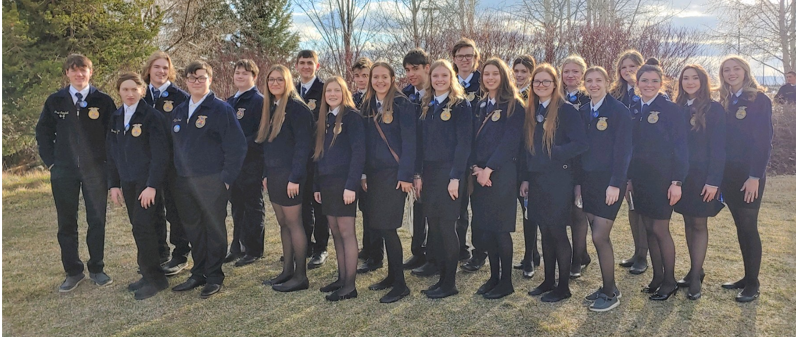Internet Search Engines
Strategies for Successful Searches
Most search engines have links to a Help page specific to their search engine. Generally you can require a word be found in a document by putting a + in front of the term; likewise you can usually exclude documents which include a word by putting a – in front of the term. If you are looking for an exact phrase, enclose the words in quotation marks. If you want a document to include two words, join the words with and; if either of two words are acceptable, join them with or.
Internet Search Engines
- Ask – ask questions in natural language and receive links to resources related to the topics. Note: If you click on “Remove frames” in the banner at the top of the page before printing a page accessed via this search engine, you will get the URL for the actual site rather than the one for the Ask Jeeves search string.
- CollegeBOT Crawler – “Efficiently crawl the .edu space with the only search engine devoted entirely to cataloging and searching education-related pages.”
- Excite – large search engine particularly useful for finding current information; has “similar pages” command and site reviews
- FirstGov – search U.S. gov’t websites or browse by subject
- Google! – a project of Stanford University designed to find the most relevant web pages
- Government Search – searches websites of government agencies of the U.S. and foreign governments.
- Webcrawler – a “natural language” search engine; includes site reviews
- Yahoo – an web index as well as search engine; search can be repeated through Yahoo on other search engines without retyping the search.
- Zoo – a megasearch engine that uses Yahoo, Webcrawler, Lycos & Excite; includes relevancy rankings






